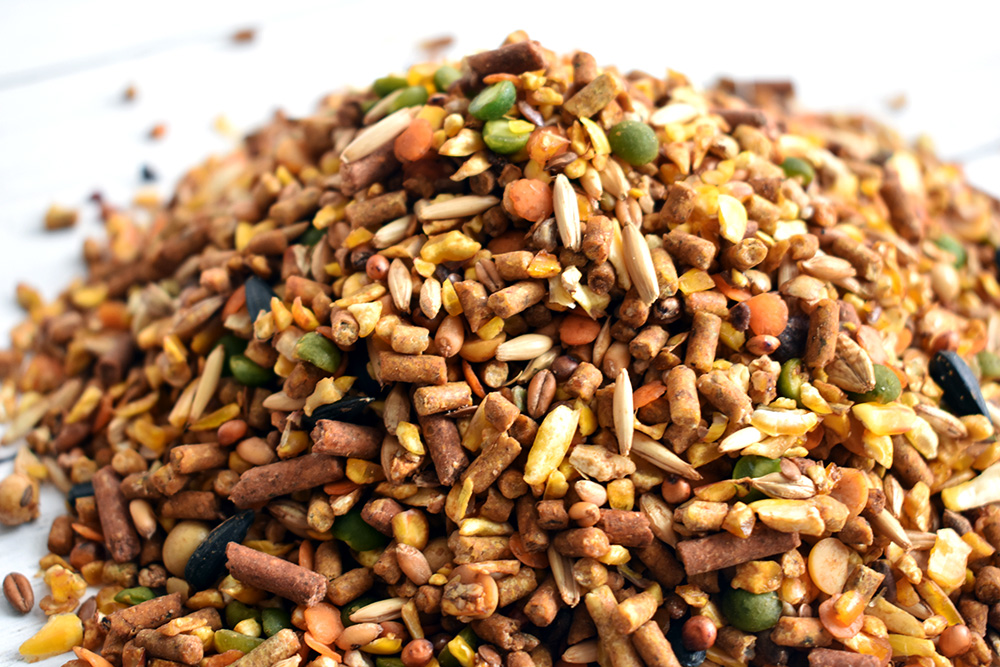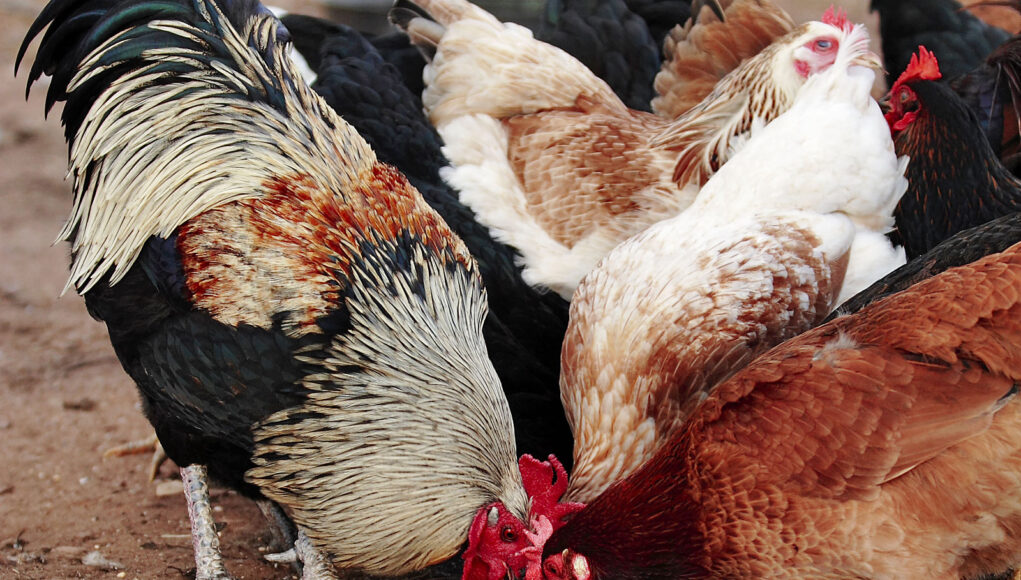Keeping your chickens healthy is paramount, and understanding what to feed chicken with sour crop is crucial for any poultry enthusiast. This comprehensive guide will not only delve into sour crop but also guide you on how to treat it effectively with the right diet and care tips.

Understanding Sour Crop in Chickens
Sour crop is a condition caused by the fermentation of feed in the crop, leading to the growth of yeast and other pathogenic organisms. This condition is often identified by a swollen, squishy crop that produces a sour smell. Proper diagnosis and timely treatment can prevent serious health issues in your flock.

Symptoms of Sour Crop
Recognizing the symptoms of sour crop is the first step in treating your chicken effectively. Symptoms include:
- Poor appetite
- Unpleasant sour odor
- Lethargy
- Regurgitation
- Enlarged crop

Causes of Sour Crop
Understanding the root causes can help prevent sour crop from occurring in the first place. Common causes include:
- Improper diet
- Ingesting foreign material
- Infections from bacteria or yeast
- Slow crop motility
Improper Diet
Feeding chickens a poor diet rich in indigestibles can lead to packed and sour crops. Ensure a balanced diet to mitigate risks.
Ingesting Foreign Material
Foreign materials like long grasses, plastic, or other indigestible items can block the crop, leading to fermentation and subsequently, sour crop.
Infections
Both bacterial and yeast infections can cause sour crop. The most common fungal infection causing this condition is Candida albicans.
Slow Crop Motility
Some chickens may have slow digestion rates, causing food to linger in the crop and ferment, leading to sour crop.

The Big Question: What to Feed Chicken with Sour Crop?
Withhold Food Temporarily
The first step in treating sour crop is to withhold food for 24 hours. This allows the crop to empty and reset.
Oral Fluids
Provide fresh water or an electrolyte solution to keep your chicken hydrated. An electrolyte solution can be found in many pet stores or prepared at home by mixing a teaspoon of sugar, a pinch of salt, and baking soda in a liter of water.
Gentle Massage
Carefully massaging the crop can help break up the contents and promote natural expulsion. Be gentle to avoid causing stress or damage to the bird.
Feed Soft, Easily Digestible Foods
After 24 hours, introduce soft foods like plain yogurt or scrambled eggs. These are gentle on the crop and easy to digest, aiding recovery.
Administer Apple Cider Vinegar (ACV)
Add a small amount of ACV to the chicken’s water. ACV can help alter the stomach environment to be more hostile to yeast and bacteria.
Use Probiotics
Probiotics, found in products like plain yogurt or specific poultry supplements, can restore good bacteria balance in the digestive system.
Provide Garlic Water
Garlic has natural antibacterial properties and can be offered in water. Ensure it’s well diluted to avoid overwhelming the chicken.
Preventing Sour Crop
Prevention is better than cure. Here are a few prevention tips:
Maintain Clean Living Conditions
Regularly clean the coop and feeding areas to prevent bacterial and fungal growth.
Provide a Balanced Diet
Ensure your chickens receive a balanced diet with necessary nutrients. Avoid feeding them long fibrous materials.
Monitor Crop Health Regularly
Regularly check your chickens’ crops, especially in the morning before they have eaten. This can help you catch any potential problems early.
Gradual Dietary Changes
When introducing new foods, do so gradually. Sudden changes in diet can upset the digestive system and lead to sour crop.
When to Seek Veterinary Help
If your chicken does not show signs of improvement within 48 hours or worsens, consult a veterinarian. Persistent or recurring sour crop may indicate underlying health issues.
Frequently Asked Questions (FAQs)
Q: How long does it take for a chicken to recover from sour crop?
A: Most chickens recover within a few days with proper care and diet. If not, consult with a vet.
Q: Can sour crop be fatal?
A: Yes, if left untreated, sour crop can become a severe health issue and potentially fatal.
Q: Can I prevent sour crop by feeding grit?
A: While grit helps with digestion, it won’t directly prevent sour crop caused by other factors like infections or improper diet.
Q: Can I continue to give my chicken scratch grains if it has sour crop?
A: No, scratch grains should be avoided until the chicken has fully recovered as they are not easily digestible.
Q: Is sour crop contagious?
A: Sour crop itself is not contagious, but conditions like fungal infections can spread. Isolate affected chickens to prevent this.
Interesting Reads
For more insights, you can also check out breed lays jumbo eggs and learn about chickens that lay the largest eggs.
Additionally, explore which breed has full-size and mini versions for diverse chicken varieties at your coop.
If you are concerned about longevity, read on chicken lives the longest and implement their care to extend your flock’s life.
For a deeper dive into chicken breeds, including information on rare and unique ones, you can check out this list of chicken breeds on Wikipedia.
As an Amazon Associate, I earn from qualifying purchases.









